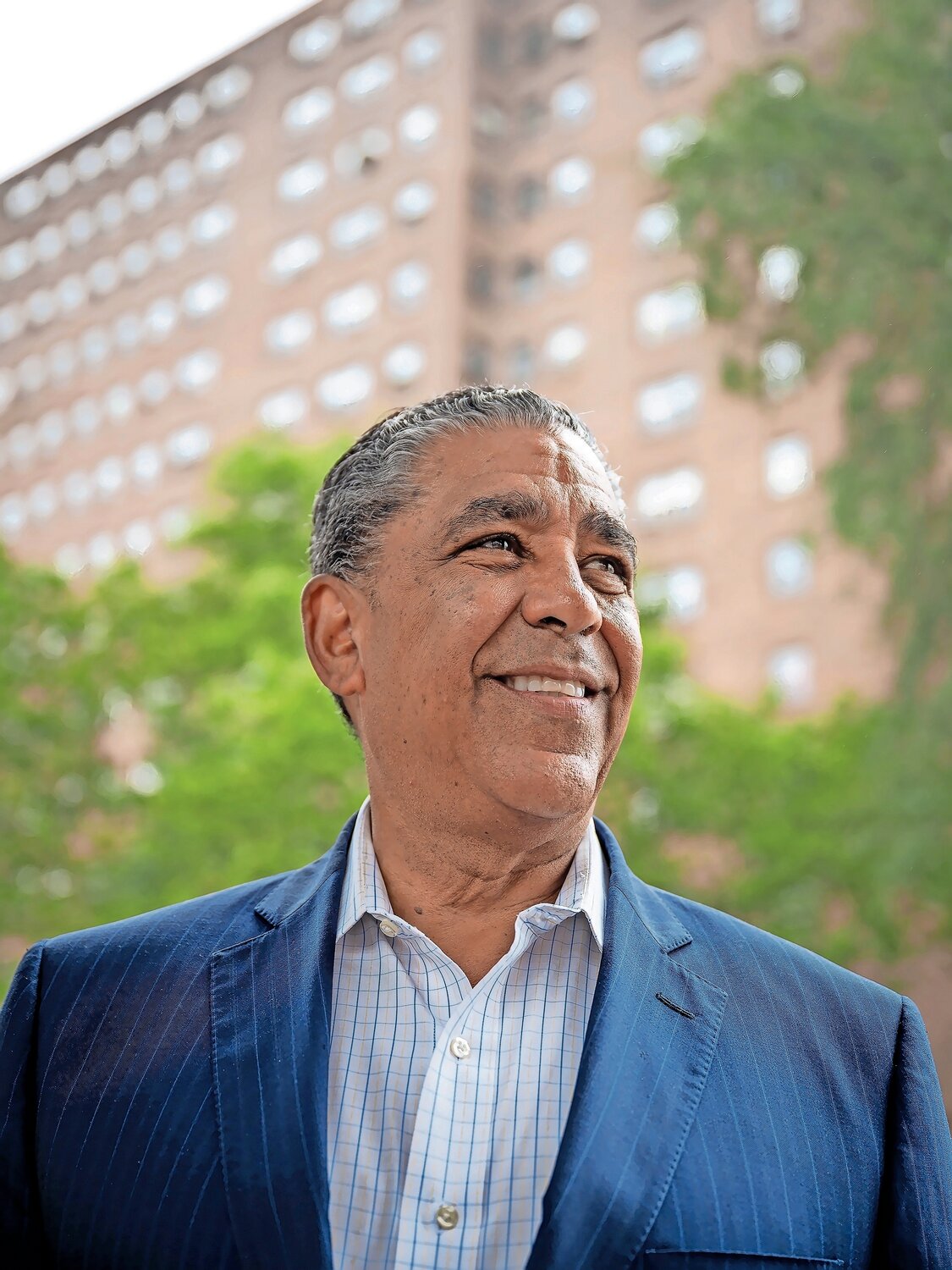NYPD considers radio encryption to ward off the 'bad guys'
In six Brooklyn precincts it is no longer possible for the public to listen in on police scanner radios.
The 40-year-old technology is being upgraded citywide and made so police radios are converted into encrypted channels.
This opens the door for other residents in precincts to lose the ability to listen to police frequencies.
Listening to police scanner radios has helped citizens avoid deadly shootings and allowed the press to report on crimes in real time. However, it is also possible for criminals to listen in and use police officers’ conversations to their advantage.
“We have a history of our radios being used against us,” said Ruben Beltran, chief of information technology for the New York Police Department.
“Our radios are one of the most important technologies, one of the most important tools that we provide to police officers and that we train them in. Because it’s more important than their firearm and anything else they have. In terms of being able to respond to incidents to also being able to request assistance.”
According to Beltran, that capability is thwarted because the channels can be hijacked by their adversaries and bad actors.
He said there is a big history of interference with radios, though did not provide an example at the conference.
In a statement from the City Council they wrote, “Transparency is key to achieving and maintaining public safety. It is troubling that the NYPD began encrypting its radio system without an adequate transparency plan implemented first, which can jeopardize the safety of New York residents.
Journalists, volunteer first responders, and other key stakeholders across diverse neighborhoods rely on the system to help keep people safe and deliver important information.”
Several groups like the New York City Fire Department and EMS are planning to have access to their systems, but it has not been made clear yet in what capacity the media would or would not.
“We’ve been looking at other cities,” Beltran said.
“We continue to explore other options to enable media access, consistent with what the technology supports and the success that other cities are having.”
Anti-AI voice fraud bill proposed
U.S. Rep. Adriano Espaillat introduced the Candidate Voice Fraud Prohibition Act on July 13. This legislation is a direct response to the rampant use of artificial intelligence being trained to mimic the voices of people like celebrities and politicians.
“The prevalence of AI is constantly increasing in the daily lives of Americans,” Espaillat said. “However, there are very few laws currently in place to limit this powerful technology and its use to replicate with impressive accuracy, the voice, facial expressions, and mannerisms of politically engaged individuals or those seeking elected office.”
The bill would amend the Federal Election Campaign Act of 1971 so that it stops the distribution of material that contains “deceptive audio” impersonating a candidate’s voice. It would be targeted at impersonations created to harm a candidate’s reputation or mislead voters.
“Unchecked AI usage in political communications has the potential to lead to unprecedented manipulation and misinformation, limiting the ability of the public to decipher between facts and fiction in the political arena, while interfering with free and fair elections and the future of American democracy,” Espaillat said.
Ghost guns legislation introduced
U.S. Rep. Adriano Espaillat and U.S. Sen. Richard Blumenthal of Connecticut, alongside several other congressmen, introduced the “Ghost Guns and Untraceable Firearms Act.”
This legislation seeks to ban the so-called ghost guns, which can be easily assembled with a 3D printer or a do-it-yourself-kit. Not only are they easily assembled, they require no background checks and have no serial numbers for police to track.
“This has presented an ever-growing challenge for law enforcement agencies, as the number of ghost guns recovered at crime scenes has increased exponentially over the past few years alone,” Espaillat said. “Our bill, the Ghost Guns and Untraceable Firearms Act, would codify the Bureau of Alcohol, Tobacco, and Firearms’ authority to regulate and track these deadly weapons.”
According to the ATF the number of ghost guns recovered by police was 1,629 in 2016 where it was 19,273 in 2021.
“Our measure closes the gaping loopholes that allow domestic abusers, criminals, and terrorists to bypass background checks,” Blumenthal said. “A homemade gun is still a gun. Subjecting these weapons to the same safety measures and requirements will save lives.”
Ghost guns would be included under the definition of a firearm under this legislation, according to a press release by Espaillat. Manufacturers and distributors would have to comply with the same federal regulations that firearms do. In addition manufacturers would also need to have a license and put a serial number in the gun-making kits.
A bill being proposed by U.S. Rep. Ritchie Torres would also address the ghost gun problem. As part of the Angellyh Yambo Gun Free Zone Act, which honors slain teen Angellyh Yambo of the Bronx, would ban the transfer and possession of ghost guns to 5,000 feet from all gun-free zones for public, private and charter schools.






